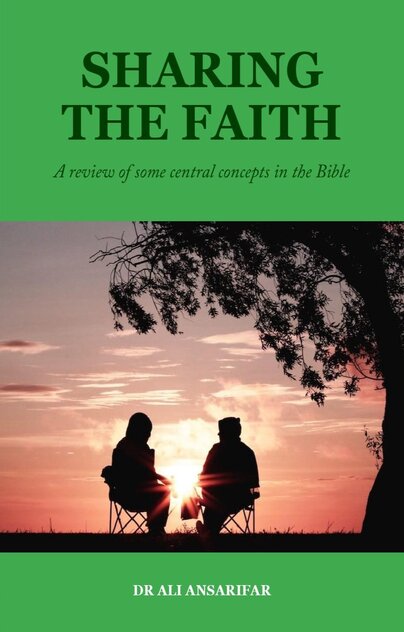Description
This book Sharing the Faith re-visits some important concepts in the bible which are central to the Judo-Christian faith and important in a proper understanding of God’s revelation and his expectations of us. The topics covered are: the key message of the Gospel of Christ, God’s plan for advancing humanity, the narrow path to salvation, man’s relationship with God, God’s mercy and judgment on mankind, and understanding two millennia of the Judo-Christian history.
Sharing the Faith telling us about Non Fiction, Pastoral Help, Church Life, Christian Life
Exploring the Central Themes of the Bible: Foundations of Judeo-Christian Faith
The Bible stands as one of the most influential and widely read texts in human history. For those within the Judeo-Christian tradition, it serves as a cornerstone of faith, offering guidance, wisdom, and a narrative that spans centuries. This article delves into some of the central themes within the Bible that are fundamental to the Judeo-Christian faith, providing insights into its significance and impact. Sharing the Faith also telling these.
Monotheism: The Oneness of God
At the heart of the Judeo-Christian faith is the concept of monotheism—the belief in one all-powerful, all-knowing, and all-loving God. The Bible establishes the foundation of this belief through various passages in both the Old and New Testaments. The Shema, found in the book of Deuteronomy, encapsulates this monotheistic principle with the words, “Hear, O Israel: The Lord our God, the Lord is one.”
Creation and Humanity’s Purpose
The opening chapters of the Bible present the story of creation, wherein God brings the world into existence. Humanity, created in the image of God, is given the responsibility to steward the Earth. This theme underscores the intrinsic value and purpose of human life, serving as a reminder of our role in caring for the planet and its inhabitants.
Covenant: God’s Promise and Human Response
Covenant plays a significant role in the Judeo-Christian faith, representing the deep relationship between God and humanity. From the Abrahamic covenant to the Mosaic covenant and ultimately the new covenant through Jesus Christ, the Bible portrays the interconnectedness of promises made by God and the responsibilities of people to uphold their end of the agreement.
Redemption and Salvation
Central to Christianity is the narrative of redemption and salvation. The Bible presents the concept of fallen humanity, separated from God due to sin, and the subsequent need for reconciliation. The life, death, and resurrection of Jesus Christ in the New Testament are pivotal to this theme, offering believers the hope of salvation and eternal life through faith.
Love, Compassion, and Justice
Throughout the Bible, themes of love, compassion, and justice are interwoven. The teachings of Jesus Christ, as well as various passages from the Old Testament, emphasize the importance of loving one’s neighbor, caring for the vulnerable, and pursuing justice for the oppressed. These principles guide believers in living out their faith through actions of kindness and social responsibility.
The Prophetic Voice
The Bible features numerous prophets who serve as intermediaries between God and humanity. Their messages often address societal issues, call for repentance, and provide glimpses of future events. These prophetic voices highlight the dynamic between divine revelation and human response, urging individuals to align their lives with God’s purposes.
The Bible stands as a testament to the Judeo-Christian faith, encompassing a rich tapestry of themes that continue to shape beliefs, values, and practices. From the foundational concept of monotheism to the promise of redemption and the call to love and justice, the Bible offers a comprehensive framework for understanding the relationship between God and humanity. Its enduring influence extends beyond religious circles, impacting literature, art, ethics, and culture worldwide.








Reviews
There are no reviews yet.